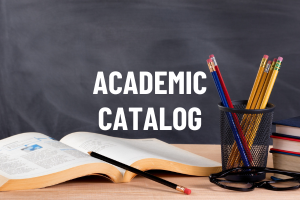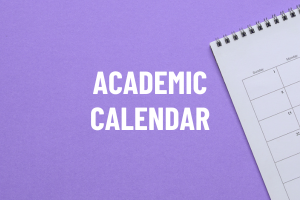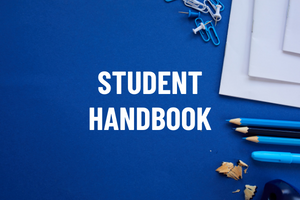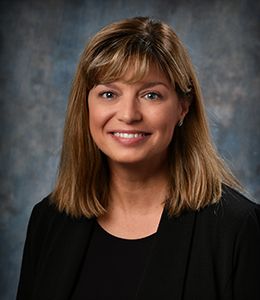There are a few reasons Student Planning may not be approving your registration requests. Read the message explaining why your registration could not be processed. If one course is impacting registration, remove the course that flagged an issue and register for the remaining courses.
Course registration may be blocked because:
- A course is closed/full
- Course pre-requisites have not been met
- Repeating a course previously taken
- Timing conflicts with your schedule
- Holds on your account (Bursar, Registrar, Student Health Services, Advisor, or Judiciary)
What to Do if You Have a "Hold":
A financial hold is often placed on a student’s account if there is a balance or a need for a supportive financial conversation. If there is a hold on your account, you’ll be alerted when you log into Student Planning. Contact the Bursar’s Office at 610-499-4161, email busoffmc@widener.edu, or visit Lipka Hall for an in-person conversation. The Bursar’s Office will work with you to release the hold so registration can occur.
What to Do if a Course is Full:
Your first step is to see if the course is being held multiple times by clicking "View Other Sections". If no other sections are available, talk with your academic advisor, who may be able to share information on how to get into the class. You can also go to your professor or department chair and ask if it’s possible to be added into a closed section—but, be sure to keep your advisor in the loop. If it’s doable, the department will send the Registrar’s Office special permission to place you into the section.
If you are unable to get the section you want, speak with your advisor to see what other options you have to make sure another course will count toward graduation.
For further assistance, please contact the Office of Student Success and Academic Enrichment.







 How to Find Your Requirements
How to Find Your Requirements Search By Interest: All undergraduate students are required to complete coursework in core focus areas. You can easily filter by Subject or Course Type to find exactly what you need or are interested in.
Search By Interest: All undergraduate students are required to complete coursework in core focus areas. You can easily filter by Subject or Course Type to find exactly what you need or are interested in.